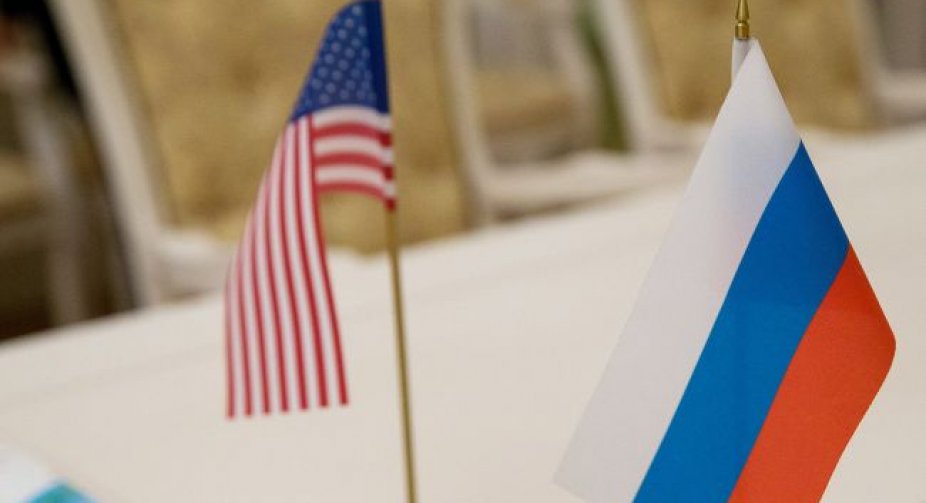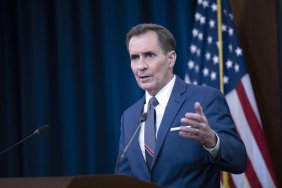The United States has brought Russia closer to the brink of a historic default by not renewing its license to pay bondholders. Washington is stepping up pressure on the country after its invasion of Ukraine.
This was reported by Reuters.
The U.S. Treasury Department has hovered that it will not renew the license, which expires May 25. The license allowed Russia to make interest and repayment payments on its sovereign debt. But now the expiration of the license seems to make a default inevitable - the country's first major default on international sovereign bonds in more than a century.
Payments on nearly $2 billion in Russian eurobonds are due by the end of the year.
Western sanctions imposed after the Kremlin's Feb. 24 invasion of Ukraine and Moscow's countermeasures have made it difficult to move money across borders, yet Russia has made a conscious effort to keep paying bondholders.
"If bondholders don't get their money on time, given the applicable grace periods, Russia will find itself in default on its sovereign debt," said Jay Auslander, a partner at law firm Wilk Auslander. According to him, "bondholders would not seem to be able to get the money."
Although the license applies only to U.S. citizens, its expiration would make it difficult for Russia to pay other holders, given the role of U.S. institutions in the global financial system and the complexity of such payment processes.
On Friday, Russia rushed forward payments on two international bonds, one euro-denominated and one dollar-denominated, a week before maturity.
But its eagerness to transfer money to lenders' bank accounts before the waiver expired may not have left enough time for what is often a multi-day and complicated payment process. One Asian bondholder said the payment had not arrived in the firm's account by Wednesday.
Russia has a 30-day grace period on two payments.
The country's $40 billion in international bonds have been in the spotlight in recent weeks as the debate over whether the license should be renewed has raged.
U.S. Treasury Undersecretary Wally Adeyemo previously said the payments siphoned off funds from Moscow and were a "sign of success" of U.S. sanctions policy.
But Treasury Secretary Janet Yellen said last week that Washington was unlikely to extend the license.
Unlike most default situations, Moscow has no shortage of money. The debt repayment fee pales in comparison to revenues from oil and gas exports - in April alone, rising energy prices generated $28 billion in revenues for Russia.
Previously, the rating agencies used to give Russia an investment grade, but after Ukraine, the main rating agencies stopped evaluating the country.
Earlier, the U.S. Treasury Department said it would not renew the general license, which temporarily allowed the Russian Federation under sanctions to make payments to service its foreign debt in dollars.






